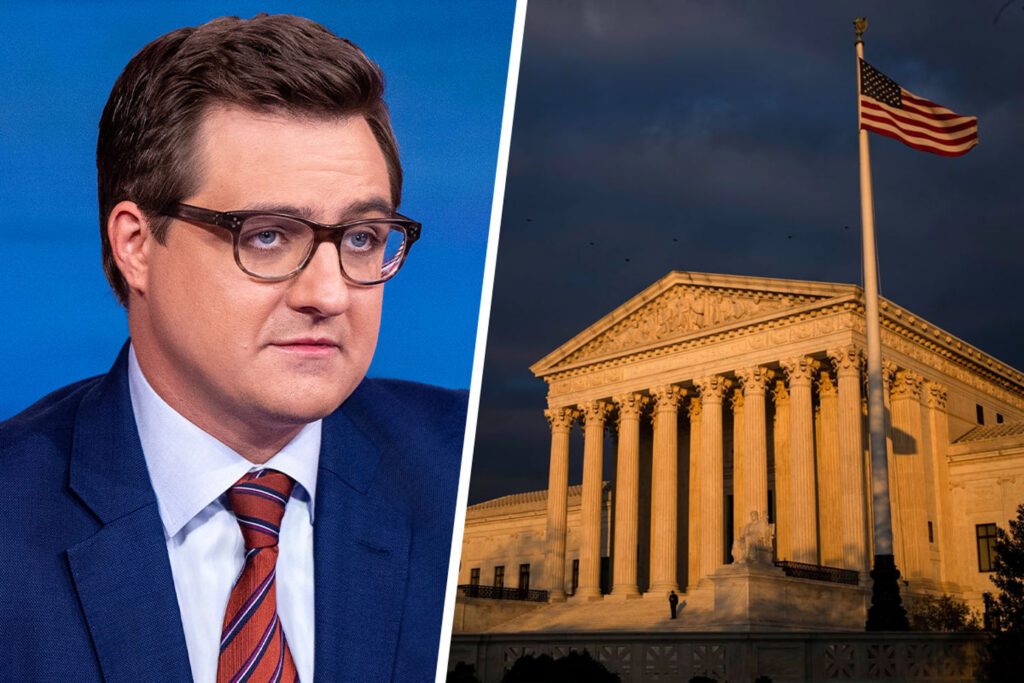Unveiling the Controversies of Presidential Pardons: A Deep Dive into Recent Actions
This article offers a comprehensive analysis inspired by the recent episode of “All In with Chris Hayes,” exploring the evolving landscape of presidential pardons under Donald Trump’s administration.
The Historical Context of Presidential Clemency
Historically, the power of presidential pardon has been a tool for justice and mercy, often reserved for correcting judicial errors or addressing extraordinary circumstances. However, in recent years, this authority has been increasingly scrutinized, especially when wielded in ways that seem to favor political allies or personal interests. Under Trump’s leadership, the use of clemency has taken on a new, controversial dimension, raising questions about the integrity of the justice system.
Recent Pardon Activities: A Pattern of Selectivity
In the past few months, President Trump has issued a series of pardons that appear to serve personal or political agendas. On a single day, he granted clemency to at least six individuals, including John Roland, a former Republican governor convicted in federal cases; NBA YoungBoy, a rapper sentenced for firearm violations; and First Lieutenant Bashaw, court-martialed for defying COVID-19 protocols. These actions highlight a pattern of selectively forgiving those with connections or perceived loyalty.
The Supreme Court’s Role and Its Implications
Last year, the Supreme Court, with Trump’s influence, made a landmark ruling asserting that actions by the president that could be viewed as official acts are immune from criminal prosecution. This decision, widely regarded as unprecedented and based on questionable legal doctrine, effectively provided a shield for presidential conduct. It signals a shift towards a broader interpretation of executive immunity, potentially allowing future presidents to operate above the law.
Case Study: The Pardoning of Paul Walzak
One notable example involves Paul Walzak, a Florida-based nursing home executive convicted of tax crimes. Less than two weeks after Trump’s election victory, Walzak sought a pardon, citing his mother Elizabeth Fago’s political contributions and her alleged efforts to undermine Joe Biden’s campaign. Fago’s involvement included fundraising at a high-profile Mar-a-Lago event, which coincidentally occurred shortly before Trump issued Walzak’s pardon. While direct links remain unconfirmed, the timing raises suspicions about the motives behind such clemency decisions.
Legal and Ethical Questions Surrounding Pardons
During a federal appeals hearing last year, discussions emerged about the legality of selling pardons or military secrets. Trump’s legal team acknowledged that while selling classified information is illegal, the sale of pardons has historically gone unprosecuted. This acknowledgment underscores concerns that the pardon power is being exploited for personal gain, especially when it benefits wealthy or well-connected individuals.
Selective Justice: Favoritism and White-Collar Crime
Trump’s pardons often seem to favor affluent individuals or those with political ties, rather than serving the broader interests of justice. For instance, Carlos Watson, founder of Oz Media, received a presidential commutation after being convicted of fraud and identity theft. Similarly, the founders of the cryptocurrency exchange BitMEX, who admitted to violating banking secrecy laws, were pardoned. High-profile cases like Trevor Milton, the electric vehicle entrepreneur sentenced for securities fraud, also received clemency, often shortly after significant political donations.
Partisan and Personal Motivations
Many pardons appear to be motivated by personal loyalty rather than legal merit. Trump has pardoned several political allies, including former lawmakers and campaign contributors, such as Brian Kelsey and Michelle Fiore, both convicted of campaign finance violations and wire fraud, respectively. Additionally, he announced plans to pardon individuals involved in the plot to kidnap Michigan’s governor, Gretchen Whitmer, highlighting a troubling trend of pardoning those linked to extremist activities.
The Broader Impact on Justice and Democracy
While the power of clemency can be a vital tool for justice, its misuse risks undermining the rule of law. When pardons are granted based on loyalty, political connections, or financial contributions, they erode public trust and threaten the fairness of the judicial system. Trump’s approach exemplifies a shift towards using presidential pardon authority as a means of consolidating power and rewarding allies, rather than serving justice.
Conclusion: A Call for Responsible Use of Clemency
Presidential pardons should ideally serve the interests of justice and mercy. However, recent actions suggest a departure from this ideal, with clemency increasingly used as a political tool. As the nation reflects on the importance of accountability, it becomes crucial to advocate for reforms that ensure the pardon power is exercised transparently and equitably, safeguarding the integrity of American democracy.

